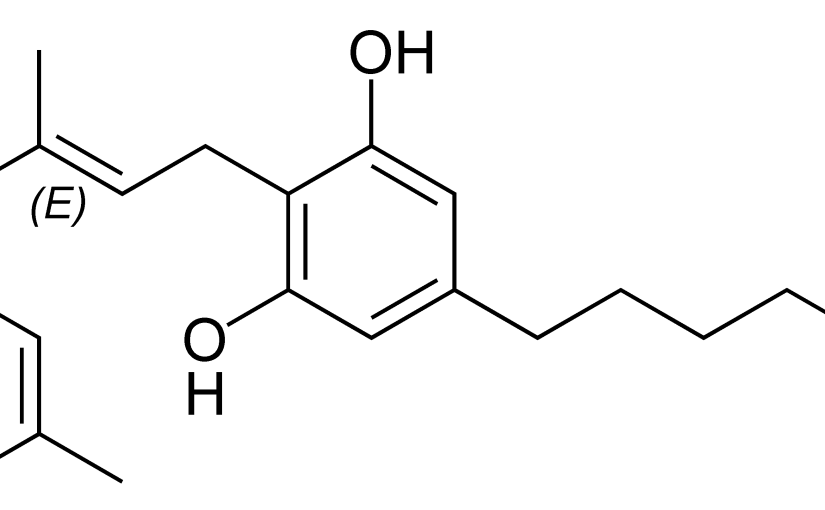I was previously very impressed with Charlottes Web CBD Oil and would often recommend it to clients. But the pice tag was SHOCKING and still ran the risk of possible THC interactions 😔 If you don’t know about medical marijuana or hemp, aka CBD, then you need to know that there are two components that have an affect on our body systems – CBD and THC.
CBD interacts with our CB2 receptors and gives us incredible therapeutic benefits such as:
-tension relief
-decreased inflammation
-reduced anxiety
-nervous system support
-lowered insulin levels
-cardiovascular health
-and more!
*THC is the controversial component that interacts with our CB1 receptors which is responsible for causing the “high” associated with marijuana.
*What you may not know is that there’s a THIRD type of cannabinoid–BCP (aka Copaiba). BCP is the long lost relative we always hoped we’d find!
It was only just discovered as a cannabinoid in 2008. And while it’s different from CBD, it directly affects the same CB2 receptors and is a much more concentrated form.
For example:
⠀⠀
💧CBD derived from hemp has a 2-4% concentration.
⠀⠀
💧CBD derived from cannabis/marijuana has a 5-35% concentration.
⠀⠀
💧dōTERRA’s BCP? 60%! Wow!
⠀⠀
dōTERRA is the first company ever to formulate their Copaiba using 4 different species making it the highest concentrated cannabinoid available. Yet because it is not a cannabis derivative it will never show up on a drug test or alter your cognitive state out of a natural comfort range.
Lastly dōTERRA Copiba is 1/3 of the price of a good quality hemp CBD! I’d say that in my opinion. I feel Copaiba is the superior option. How about you?!?


